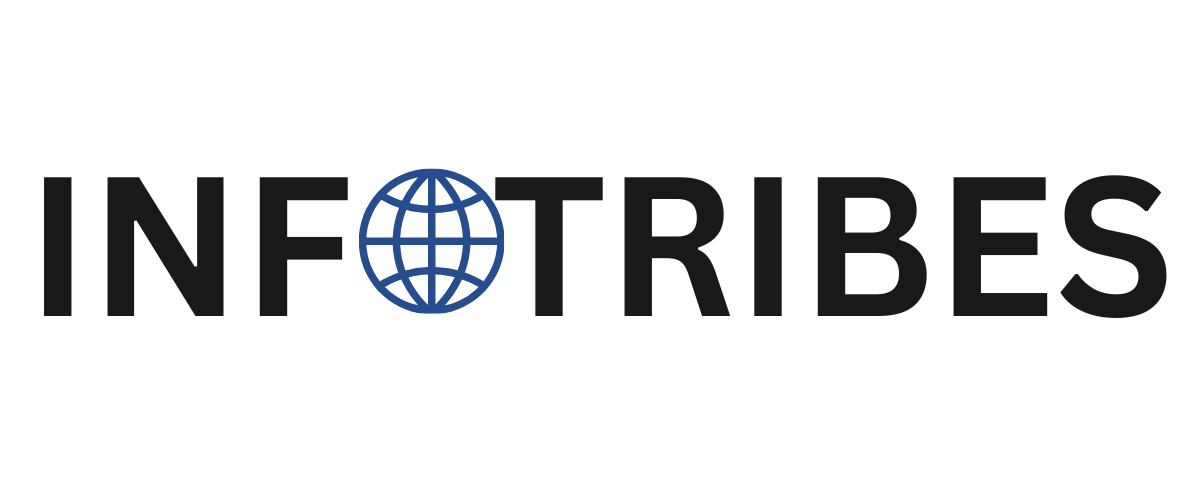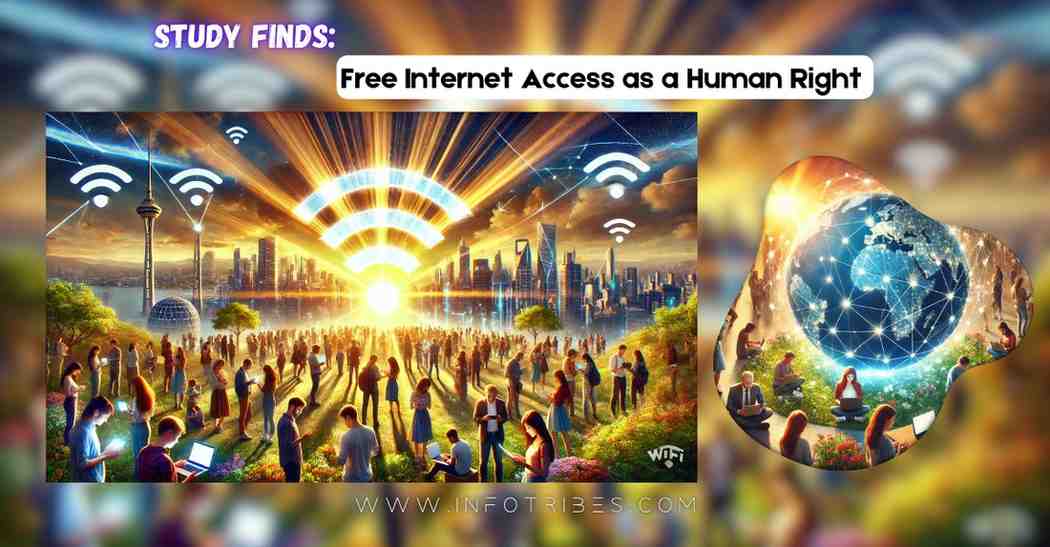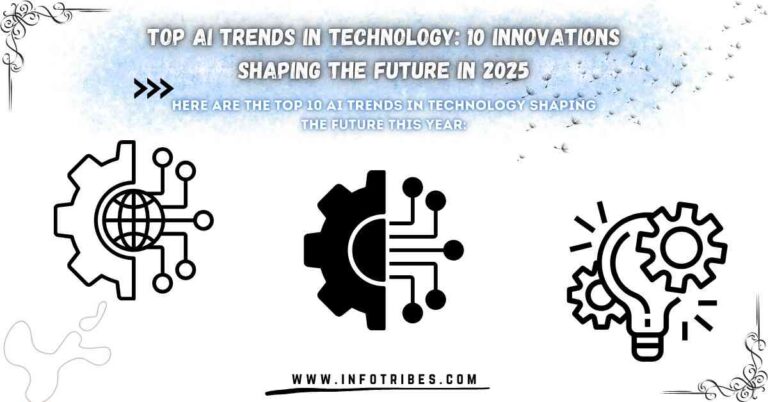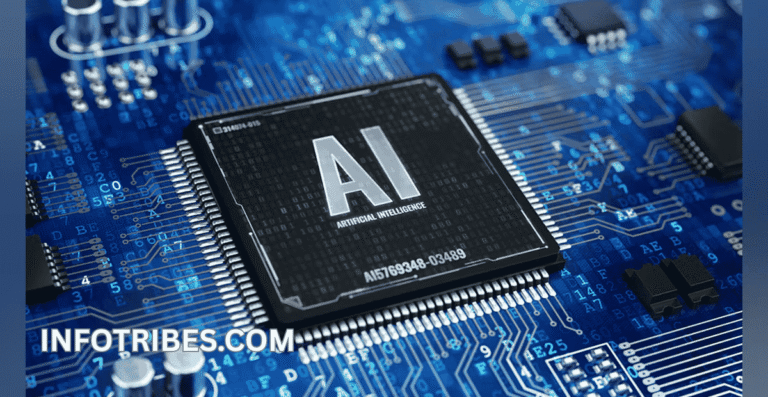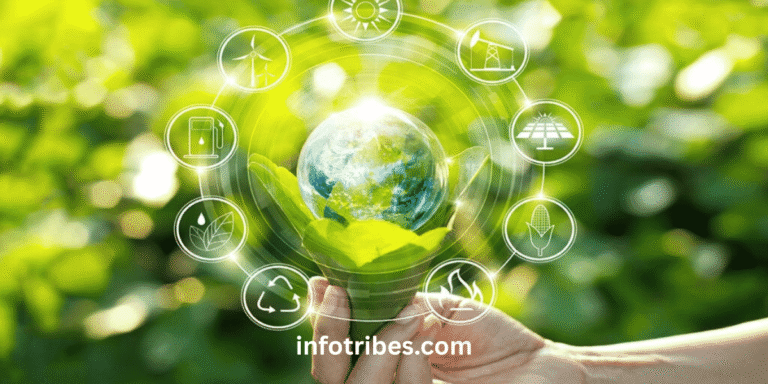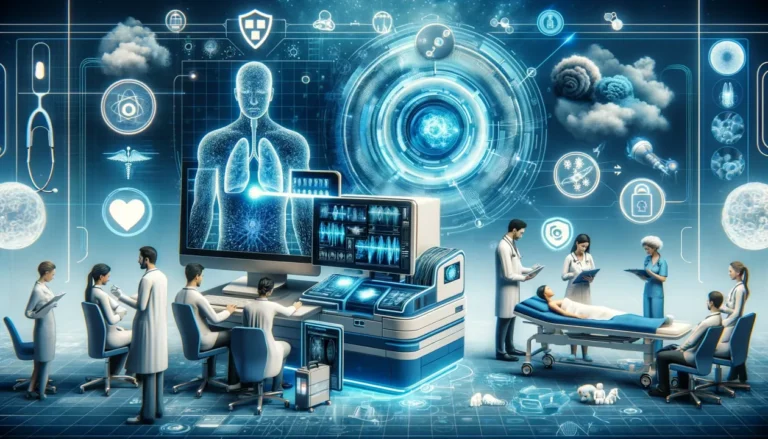Free Internet Access as a Human Right, Study Finds
As digital connectionism increasingly defines the world we live in, a new study on internet connection needs to be declared the human right of the free connection. This groundbreaking perspective comes as societies around the globe experience the effects of digital divide as well as understanding necessity of internet in making economic, social, or even educational advancement. Improving internet infrastructure needed to deliver digital citizenship provision as a public good could revolutionize societies to make the citizens in these societies to prosper.
Why Free Internet Access Is Important
The WWW has ceased to be a novelty or an accessory, an item one can do without, it is a needed tool. Internet is the indicator of access to life-improving services in many countries and such services as education, healthcare, and work access. When digital platforms are used to engage in daily activities, access issues are of great importance as they deepen economic, social and other forms of disadvantaged people’s inequalities.
- For example, students with limited or no Internet connectivity cannot manage to stay abreast with fellow students in online learning. Likewise, candidates for employment feel inadequate in connected areas since most applications and interviews are done online. Free internet must be embraced as a human right because it seeks to ensure that anyone is left off from benefiting in the new digital world.

The Global Digital Divide
The digital divide is a discouraging sign that not everyone or everyone can get access to digital support. Currently based on the reports from international organizations more than half of the global population is insufficient in internet usage. Such lack of connectivity creates two separate internet experiences – one of those who has consistent and quality connection and those who do not, keeping generations entrenched in poverty and preventing movements up the socioeconomic ladder. Paid Internet connections as a Human right might be a solution of this division by offering equal opportunities to the people.
You Can Also Read: People for Conservation of the Red Squirrel Embrace AI Technologies
- Governments and organizations should make connectivity as a human right so as to extend the opportunities of the digital economic and digital society to everyone without discrimination of their economic status. Accessibility of free internet connection cannot be overemphasized; it means that the freedom one or a certain community desire can be achieved through opening up of the internet.
What Might Be the Benefits of Counting Internet Access as a Human Right
- Enhanced Education: Internet access provides students with access to vast amounts of education while being able to learn online, do research and participate in collaborative learning online. Accepting free internet connection as one of the human rights would also foster students in area with limited Internet access in attaining their dreams. Learners with free internet access connect to educational tools and resources for learners which strengthens learning experiences and outcomes.
- Economic Opportunities: Internet is the pathway to new jobs, and economic development. The principles of free and universal access can create benefits by helping small businesses, individual entrepreneurs, and work from home jobs in the local economy. Approaching free internet access as a human right can create conditions within individuals to advance different sectors of economy and being able to support and develop their own enterprises.
- Social Inclusion: To many a net is the only means of communication especially for friends and relatives in far of regions or groups that are socially isolated. Making free internet access a human right can help fighting social isolation and expanding inclusion. Universal access enables participation in social interaction and community building activity that is important for mental and emotional wellbeing.
- Access to Critical Services: Whether it is through a telehealth consultation or receiving updates via the internet regarding government services, public safety or otherwise, the internet conducts crucial activities that some people require. Realizing the internet-based services as the freedom of speech can make it possible for everybody to get similar rights in using it. But this accessibility can get to better public health outcomes, more efficient government services and, in some cases, greater safety and security.
Challenges and Considerations
The promise of free access to the internet as a human right is fantastic, but the difficulties of putting that into reality on a global scale are also massive. In particular, funding and infrastructure development in developing regions is both time- and resource-intensive. But policymakers also must think about data privacy, digital security and possibly overreach, as well. It’s important that responsible and ethical free internet access as a human right be ensured.
But, Government, private partners and non-profits can work together to make this vision a reality. Disposable waste could be treated with public private partnerships and international cooperation as the foundation for saleable solutions prioritizing access and affordability. We need sustainable solutions with transparent policies in order to ensure that free internet access as a human right can be reached without endangering user’s safety or data security.
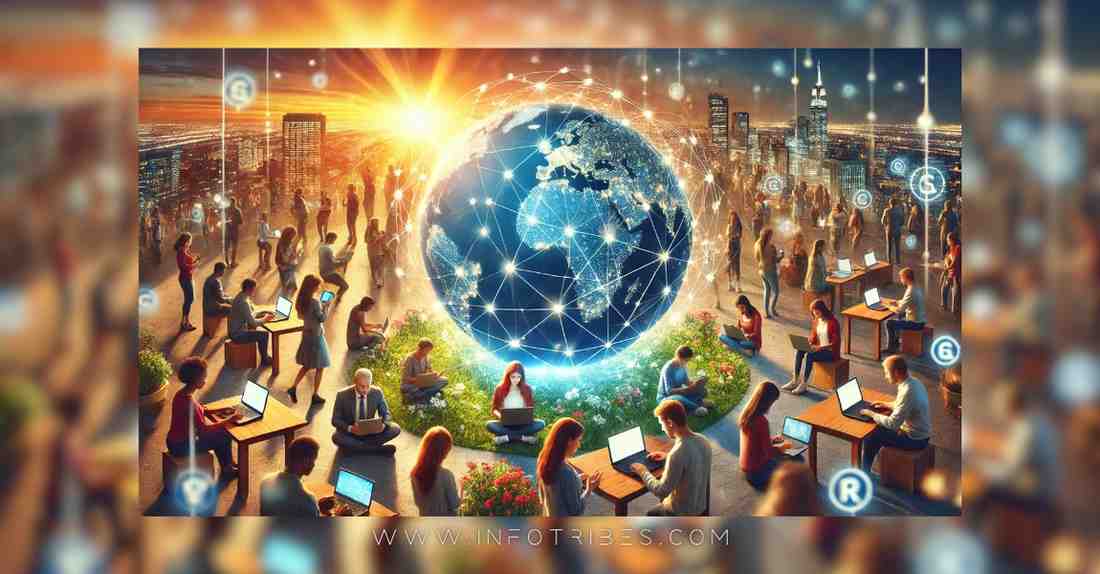
Can We Make Free Internet Access a Reality?
This means that governments and organizations need to do huge things if they want free internet access from being an idea to a reality. Additionally, investments in broadband infrastructure in rural and underserved areas are a precondition. Tech companies and NGO partnerships can help fund and rollout the tech needed to get universal connectivity. Furthermore, of course, policies of a neutral network and non-monopolistic data preservation can also promote adequate access for all.
- On the other hand, governments are also important to play a crucial role (by law) in terms of enacting that internet access is a right and not a privilege. One approach could be these laws could require internet service providers to provide services to low-income areas at lower costs or for families to provide subsidies. Free internet access can be driven as human right through international cooperation with the development of global standards and strategies.
You Can Also Read: Apple supplier Foxconn increases investment in AI industry growth, Q3 profit rises by 14%.
Conclusion
Free access to the internet as a human right is a not only an ethical imperative but a critical way, we can create an equitable and connected world. As the world moves further into the 21st century, and the layers of commerce and everyday life interconnect, universal internet access becomes a powerful enabler of change. If this principle were recognized and acted upon, education, the economy, and human welfare may take on quite different faces in the 21st century.
Key Takeaway: Free internet access can help close the digital divide, offer millions of opportunities and make the world a more equal, diverse place because it is recognized as a human right. It’s now time for government, organizations and individuals to commit to advocating policies that enable everyone everywhere with universal connectivity. A human right is the free internet and that’s why we are championing it as we empower people worldwide and ensure nobody will be left behind in the digital age.
I’m also on Facebook,, Instagram, WhatsApp, LinkedIn, and Threads for more updates and conversations.
